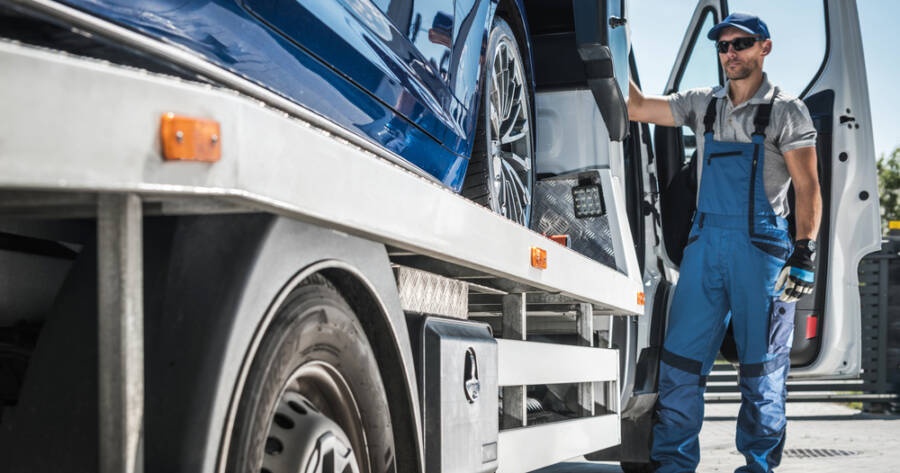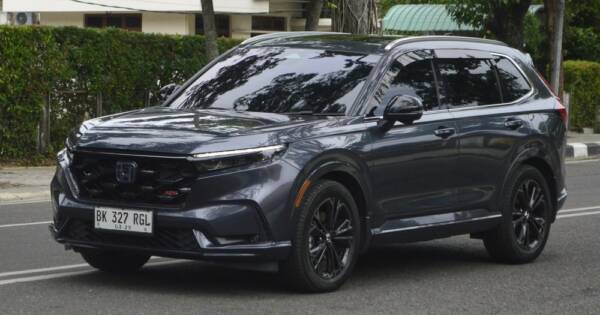Buying a repossessed car can be a smart way to save money, often offering well-maintained vehicles at significantly reduced prices. However, this option also comes with unique risks, including limited knowledge of the car’s history and the potential need for repairs. Weighing the benefits and drawbacks of repossessed cars allows buyers to make informed decisions, ensuring they secure a reliable vehicle at a great price while avoiding common pitfalls in the repossession market.
Understanding the Repossessed Car Market
The repossessed car market offers a unique avenue for budget-conscious buyers to find affordable vehicles. Repossessions occur when a car owner defaults on loan payments, causing the lender to take back the vehicle. These cars are often resold at auction or through dealerships at prices below their market value to recoup the lender’s loss.
Because many repossessed cars are still relatively new and well-maintained, they offer substantial value to buyers seeking newer models without paying new-car prices. However, understanding how repossession processes work is essential, as it affects pricing, condition, and availability. Auctions typically sell cars “as-is,” which can mean additional repairs may be needed. Buyers should research auction listings, understand repossession laws in their area, and inspect any vehicle they’re considering. Knowledge of how the repossession market functions can turn what might seem like a risk into a significant, informed buying opportunity.
The Benefits of Choosing Repossessed Cars
Buying a repossessed car offers several benefits that make it an attractive option for cost-conscious buyers. Repossessed cars are generally sold below market value, often providing newer models at a fraction of the price. This affordability allows buyers to access features and brands they might not otherwise afford.
Additionally, repossessed vehicles can often be processed and sold more quickly than traditional used cars, as lenders aim to recover losses efficiently. Many repossessed cars are well-maintained, especially if they were recently purchased or had routine services.
Buyers may also benefit from buying through dealerships or auctions that offer basic warranties or inspections, ensuring the car’s quality. Repossessed cars present an accessible way to save on purchase price, taxes, and depreciation, which can be a significant advantage for buyers who prioritize value without compromising too much on quality or features.
Potential Risks and How to Minimize Them
While repossessed cars can offer savings, there are potential risks that buyers should consider. One primary concern is the unknown condition of the vehicle; some may have been neglected or improperly maintained before repossession. Limited or no warranties on many repossessed cars mean that repairs may come out of pocket, adding unforeseen costs.
To minimize these risks, buyers should seek a thorough inspection before purchase, ideally by a trusted mechanic. Reviewing the car’s history through services like CARFAX can reveal past accidents or maintenance records, providing added insight into the car’s condition. For those purchasing from auctions, it’s wise to attend previews to inspect vehicles firsthand. By carefully assessing each vehicle and understanding any “as-is” clauses, buyers can reduce the likelihood of issues, making repossessed car purchases more secure and beneficial in the long run.
Tips for Finding Reliable Repossessed Car Deals
Finding reliable repossessed car deals requires research, patience, and knowing where to look. Begin by exploring local banks, credit unions, and reputable dealerships, as they often handle repossessions directly and can provide additional vehicle history or inspection details. Online auction sites, like Manheim or Copart, list repossessed vehicles with detailed descriptions and, in some cases, photos, allowing buyers to research beforehand.
Attending physical auctions is also beneficial, as it gives buyers a firsthand look at the cars and the chance to consult auction specialists. Before purchasing, set a budget, and factor in possible repairs or upgrades, ensuring you get a reliable car without exceeding your limit. Finally, consider consulting a mechanic for help evaluating the condition of the vehicle you’re interested in. With these steps, buyers can confidently navigate the repossession market and secure a quality vehicle at an excellent price.
Learn More About Repossessed Cars
Exploring the repossessed car market can reveal numerous opportunities for savvy buyers. By understanding the nuances of this market, individuals can make informed decisions that lead to significant savings. Knowledge of the potential risks and how to mitigate them further enhances the buying experience. With careful research and consideration, finding a reliable repossessed vehicle can be a rewarding endeavor.





